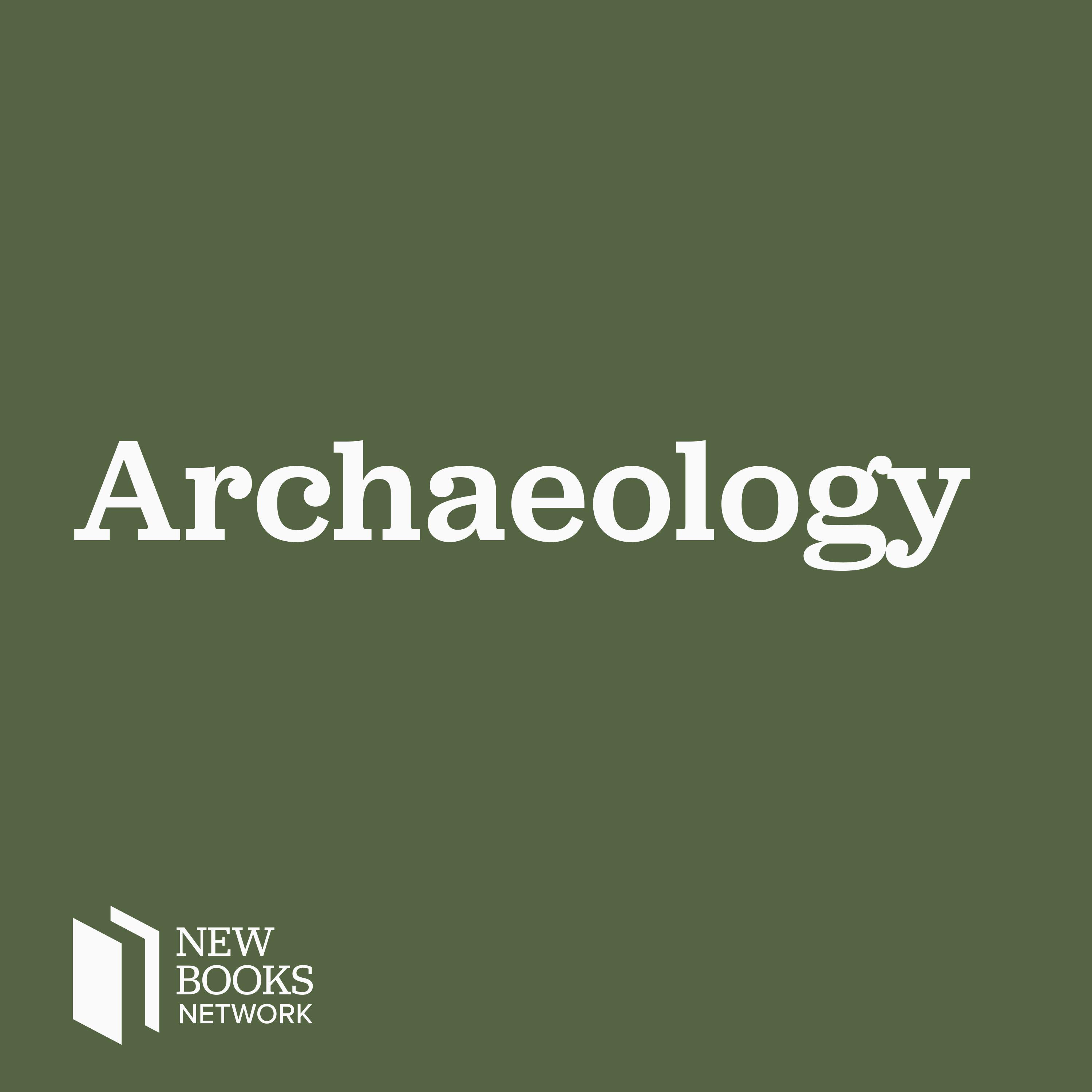Ahmad Al-Jallad, "The Religion and Rituals of the Nomads of Pre-Islamic Arabia: A Reconstruction Based on the Safaitic Inscriptions" (Brill, 2022)
Description
The Religion and Rituals of the Nomads of Pre-Islamic Arabia: A Reconstruction Based on the Safaitic Inscriptions (Brill, 2022) by Ahmad al-Jallad presents evidence for religious identity and ritual practices among the Safaitic-writing nomads of pre-Islamic Arabia. For this evidence, al-Jallad relies on a large corpus of rock-carved inscriptions in the Safaitic language. Unlike Islamic-period literary sources, this material was produced by practitioners of traditional Arabian religion; the inscriptions are eyewitnesses to the religious life of Arabian nomads prior to the spread of Judaism and Christianity across Arabia. Al-Jallad reconstructs this world using the original words of its inhabitants, interpreted through comparative philology, pre-Islamic and Islamic-period literary sources, and the archaeological context. In this episode we discuss the lifestyles, worldviews, belief systems, languages, and gender and social norms of the nomadic peoples of pre-Islamic Arabia based on the epigraphic evidence.
Maggie Freeman is a PhD student in the School of Architecture at MIT. She researches uses of architecture by nomadic peoples and historical interactions of nomads and empires, with a focus on the modern Middle East.
Learn more about your ad choices. Visit megaphone.fm/adchoices
Support our show by becoming a premium member! https://newbooksnetwork.supportingcast.fm/archaeology
More Episodes
Archaeology as a discipline has undergone significant changes over the past decades, in particular concerning best practices for how to handle the vast quantities of data that the discipline generates. As Shaping Archaeological Archives: Dialogues between Fieldwork, Museum Collections, and...
Published 05/19/24
Published 05/19/24
In Xiongnu: The World’s First Nomadic Empire (Oxford UP, 2024), Bryan K. Miller weaves together archaeology and history to chart the course of the Xiongnu empire, which controlled the Eastern Eurasian steppe from ca. 200 BCE to 100 CE. Through a close analysis of both material artifacts and...
Published 05/01/24


